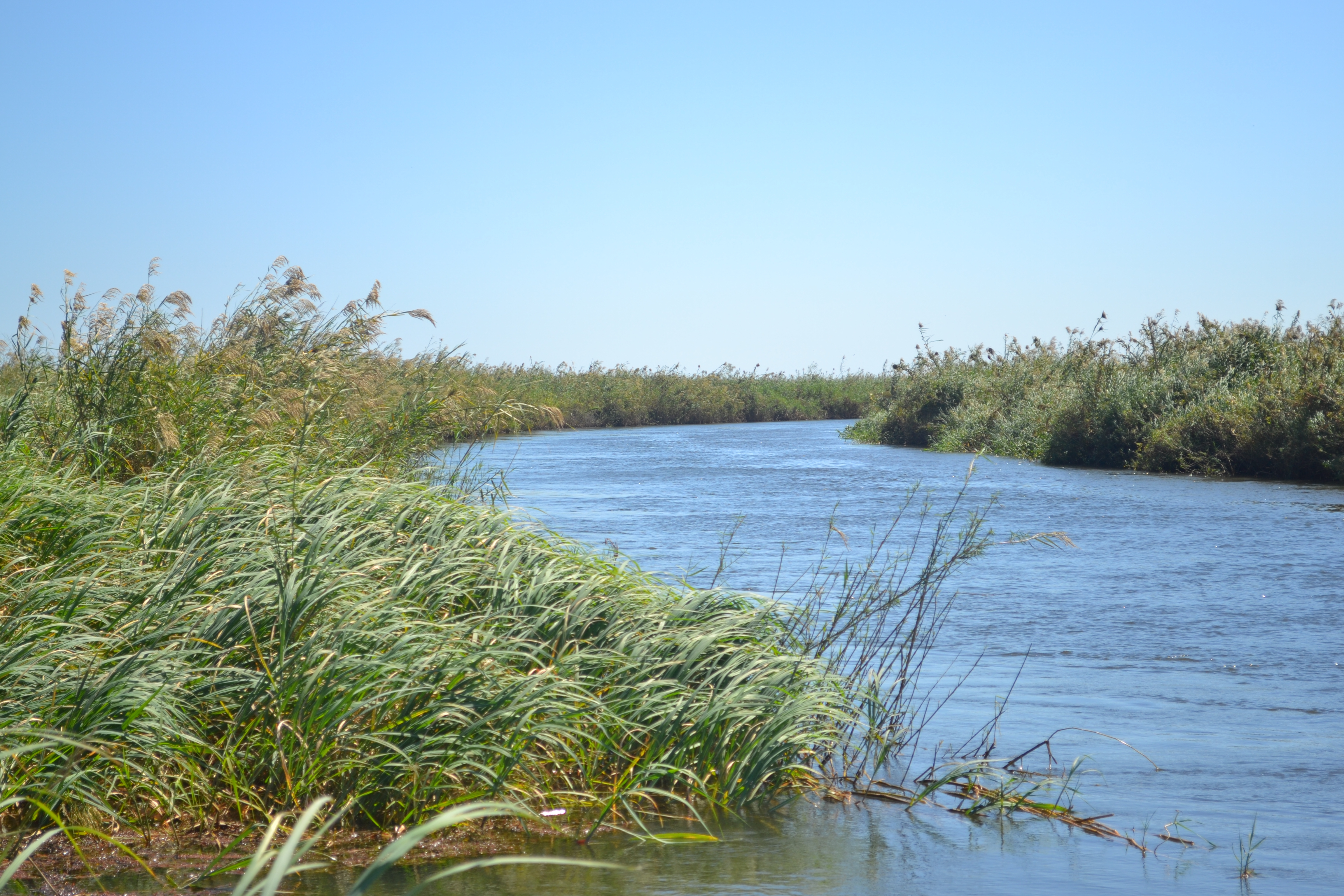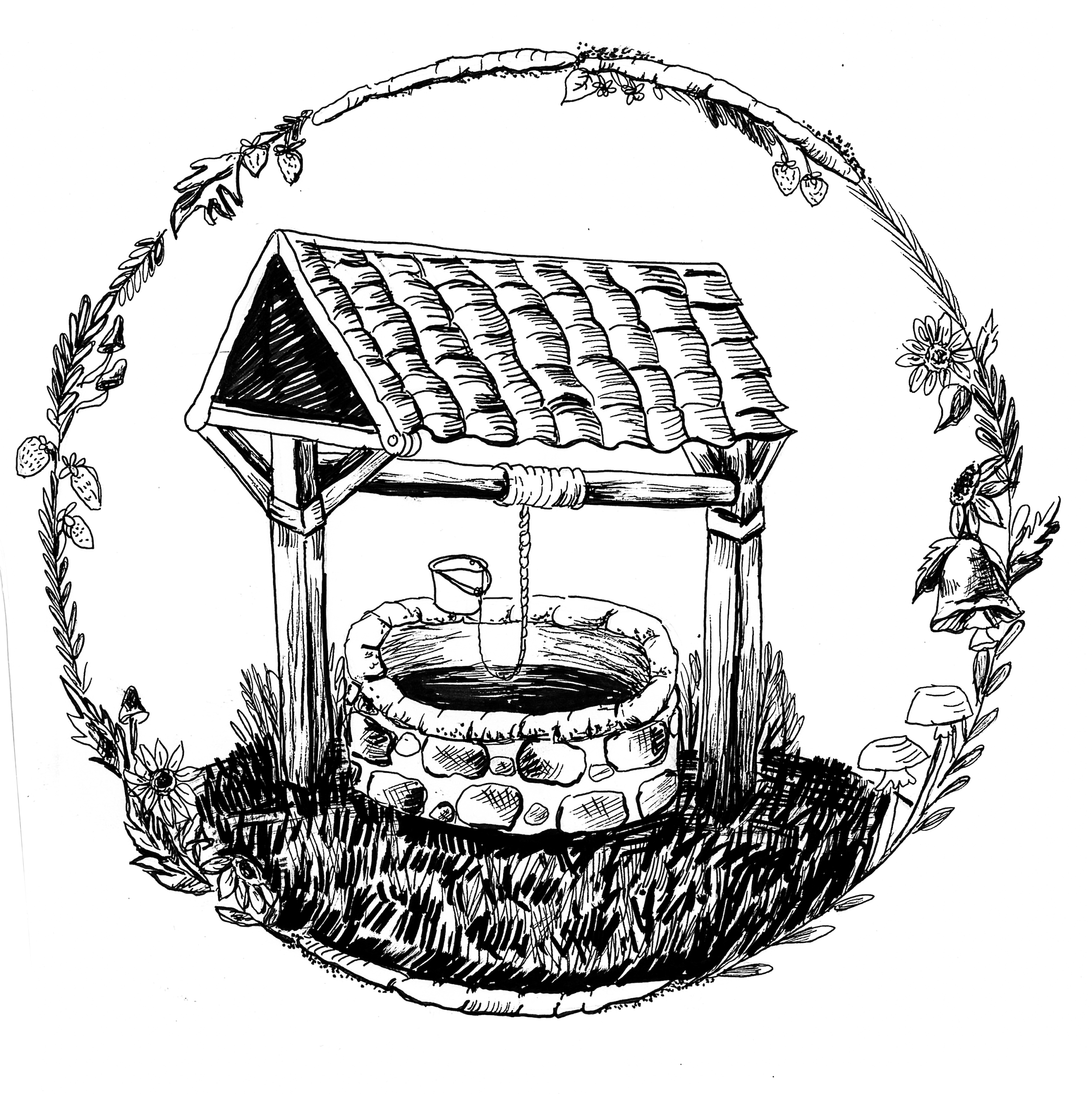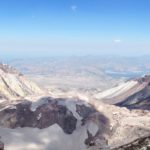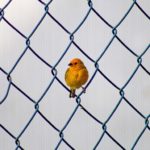Montessori Philosophy as I See

Montessori had a unique vision for the adults preparing to work with her method that will provide a sense of balance as I explore the bioregional framework in relation to the preparation of adults as participant observers. In her book The Advanced Montessori Method – I, Montessori describes this vision as:
Positive and scientific, because she has an exact task to perform, and it is necessary that she should put herself into immediate relation with the truth by means of rigorous observation…
(1918/2010, pp.107-108)
And also,
Spiritual, because it is to man that his powers of observation are to be applied, and because the characteristics of the creature who is to be his particular subject of observation are spiritual.
The timeless value of this scientific and spiritual vision for education struck a chord deep within my being from the first time I read those words during my lower elementary Montessori training in 2017. Reading Rethinking Education by Philip Snow Gang (1989), TIES academic dean, harmonized with the initial reverberation of my inner being set in motion my Montessori’s life work.
Maria Montessori died in 1952. Throughout her life she explicitly encouraged those who would follow in her footsteps, urging them: Do not follow me, but follow the child as your guide. This message points away from her as a central figure and underscores the idea of universal principles applied to education. (Gang, 1989, p. 14)
Learning from the children in my Montessori learning environment has become a significant source of wisdom in the few years I have been teaching in Montessori classrooms. This reciprocal relationship of teaching and learning between child and adult helps me stay humble and reminds me of what an honor it is to work with children.
In The Human Tendencies and Montessori Education, Mario M. Montessori Sr. (1957/2003), Maria Montessori’s son, expounds on the educational aims of his mother. From his writing, I gather that as Montessori practitioners, we are entrusted with the honor of preparing an environment that guides children in meeting their needs as developing humans and adapting to the scientific and spiritual conditions of their environment.
I propose that this is not simply a work reserved for classrooms, but a work of a cosmic scale meant to expand the influence of the Montessori’s wisdom.
While I typically focus my attention on young children, I face development on a variety of planes in my own learning communities and deserve to have humble guardians, endowed with greater wisdom than I possess to guide us in our development. I have found this to be the work of many guides throughout my life, children and adults included. I struggle to willingly submit to the wisdom that surrounds me on a consistent basis. What wisdom set forth by Montessori have I not fully integrated into the classroom as I am transforming?
In their systemic view of a Montessori learning community, Introduction to Montessori Radical Education, Marsha Snow Morgan and Philip Snow Gang (2003) — TIES Faculty—set forth how the developmental insights, practice, and participants of the Montessori prepared environment work in a unified system to construct a cosmological worldview. Here are the developmental insights that make up the Montessori prepared environment provided in the presentation:
- Human needs and tendencies
- Four planes of development
- From the whole to the details
- Adaptation (autopoiesis)
- Observation
- Imagination
- Freedom and Discipline
- Concrete to Abstract
- Normalization
As I consider my preparation as a Montessori practitioner, how can these developmental insights be my guide in developing bioregional awareness?
In An Ecogenesis for Education, Morgan (2000) takes a deeper look into how the common needs of humanity create unity. The means by which people meet those needs are ordered by moments in time and the places they choose to live. What is necessary to create an impression of deep time, a desire to support and defend our place, and a feeling of intimacy within living systems? How can the methods by which I meet my physical and spiritual (or psychological) needs maintain the potential for the emergence of these tendencies?
As a Montessori adult, I have found myself living in the chaotic paradox of facilitating learning by preparing an environment that allows the needs of children to be met through their innate tendencies and behavior rather than imparting our dominant tendencies and behavior. I chose to begin a career in education to help children, never imagining what role the children would serve in my own conversion.
From my observations of this type of environment, most learning happens as a part of the organic system—growing and adapting in response to the environment—compared to the impartation of knowledge as a part of an inorganic system governed by preset laws and standards. By guiding children with humility, as a participant observer I am able to, in a sense, “go with the flow” as I participate in the co-evolution of the children’s self-creating development and the environment. As a guardian of the prepared environment, I am able to experiment with changes to the environment in order to guide the emergence of diverse human tendencies.
Gang and Morgan (2003) provide the following adapted list of the human tendencies that are representative of those in Montessori’s lectures: Exploring, Orienting, Ordering, Imagining, Abstracting, Manipulating, Repeating, Perfecting, Working, Observing, and Communicating. Morgan (2000) notes, “Mario Montessori, in acknowledging these descriptive contributions, indicated that these are not fixed categories” (p.39).
When I conducted ecological surveys as an undergraduate student, the presence or absence of indicator species reflected particular environmental conditions. Similarly, we can use the presence or absence of certain Montessori human tendencies to monitor and assess changes that have been made or need to be made in our prepared environment.
How can this knowledge be actively applied in our own development, as members of a cosmic community, in order to not simply possess knowledge of these tendencies but live through them as Montessori adults?
How can these innate human tendencies be conserved in the early childhood Montessori learning environment as children construct their personalities?
WORK CITED
Gang, P. S. (1989). Rethinking education: A new look at educational philosophy in the context of cultural change, applying that philosophy to secondary education. Dagaz Press.
Montessori, M. (2010). The advanced Montessori method -I. Montessori-Pierson Publishing Company. (Original work published 1918)
Montessori, M. M., Sr. (2003). The Human tendencies and Montessori education. Association Montessori Internationale. (Original work published 1957)
Morgan, M. (2000) An ecogenesis for education. Unpublished thesis.



